Emerging Threats
Natural Disasters Risk List | Worst Natural Disasters Locations
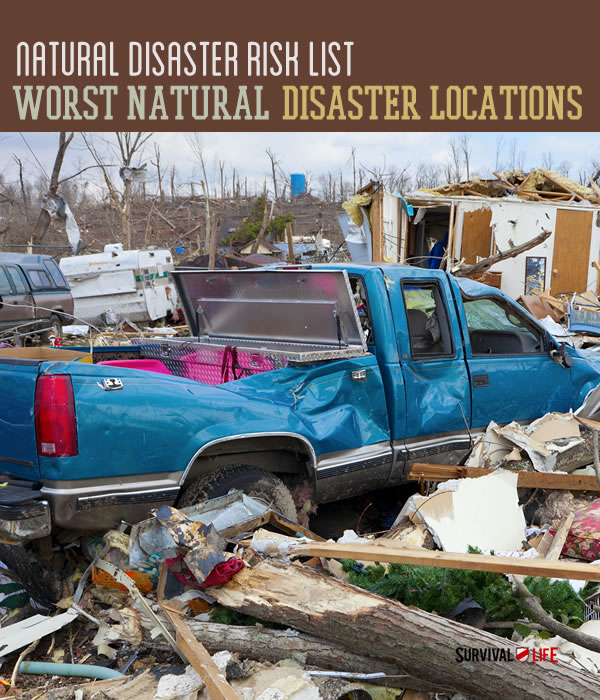
Natural disasters can strike at any time. And as we've seen with coverage of recent natural disasters like the Oklahoma Tornadoes or Hurricane Sandy, they can cause huge devastation and major chaos.
Though we all try to prepare ourselves for these events as best as we possibly can, there's very little you can do once you're at the will of mother nature. An event like this can cause problems aside from the traditional, physical destruction we associate with natural disaster.
Often, natural disasters are followed by panic and looting as people scramble to find what they need to survive. Suddenly, your preps could make you a target, causing you to have to protect your home and family.
For ultimate preparedness, living as far from natural disaster as possible is a solid plan. If this sounds like a good idea to you, you might consider some of this information as you choose your survival-ready, SHTF, bug out friendly home base-
Natural Disaster Regions From Best to Worst:
1. Lowest risk region: Northwest
Lowest risk city: Corvallis, Oregon
This region boasts the lowest-risk city along with all but one of the low risk cities on this list, making it a clear winner for the lowest risk region and best choice for avoiding disaster.
Other Low Risk Cities In The Northwest:
- Mt. Vernon, Washington
- Bellingham, Washington
- Wenatchee, Washington
- Spokane, Washington
- Salem, Oregon
- Seattle
2. Southwest (Plus Hawaii and Alaska)
This region has only one low risk city but has very little moderate risk areas and no high risk cities, making it the second-best choice for avoiding disaster.
Low Risk Cities In The Southwest:
- Grand Junction, Colorado
3. The Northeast
No ranking high or low risk cities in the Northeast. Lots of pockets of moderate risk areas makes this region vulnerable despite the lack of severe risk areas.
4. The South/Southeast:
Highest Risk City: Dallas, Texas
This region is not only home to high-risk cities, but also is nearly covered with moderate and high risk areas. Hurricanes, earthquakes, and tornadoes all converge on this one region, making it especially disaster-prone.
All of the high risk cities fall in this region:
- Jonesboro, Arkansas
- Corpus Christie, Texas
- Houston
- Beaumont, Texas
- Shreveport, Louisiana
- Birmingham, Alabama
Risk Areas By Type of Disaster:
Hurricanes:
Highest risk areas lies along the coast of Florida, up the Atlantic coast and around the Gulf Coast. We've seen the devastation of this region in the aftermath of recent natural disasters such as Hurricane Sandy and Hurricane Katrina. For more on hurricanes, check out the National Hurricane Center.
For more hurricane survival tips, check out Emergency Hurricane Survival Kit List & Preparedness Tips.
Earthquakes:
The risk of this disaster is widespread with the West Coast being most at risk. To see a list of the most recent earthquakes and earthquakes today, check out the USGS Earthquake Map.
To be ready for any kind of natural disaster, create a Trash Can Emergency Survival Kit List.
Tornadoes:
The highest risk area for tornadoes is mostly concentrated in the state of Oklahoma. If you're in tornado alley, you're much more likely to be seeing a tornado watch or tornado warning. This region has been rocked recently, after the Oklahoma Tornadoes last year and more recently the tornadoes that have been striking across the south since Sunday, April 28th. Read more about the devastation here.
If you needs tips on how to survive a tornado, check out 5 Reasons You Need A Storm Shelter in Your Home.
For more, check out the original article from the New York Times– Where to Live to Avoid a Natural Disaster.
For more on natural disasters, check out these posts:
Emergency Hurricane Survival Kit List & Preparedness Tips
5 Reasons You Need A Storm Shelter in Your Home
7 Apps That Will Guide You Through A Natural Disaster
Like this post?
Be sure to like us on Facebook (button below) so you can be the first to know about latest survival tips and off the grid living skills.
-

 Paracord Projects1 year ago
Paracord Projects1 year agoParacord Projects | 36 Cool Paracord Ideas For Your Paracord Survival Projects
-

 Paracord Projects1 year ago
Paracord Projects1 year agoHow To Make Paracord Survival Bracelets | DIY Survival Prepping
-

 Medical Care1 year ago
Medical Care1 year ago21 Home Remedies For Toothache Pain Relief
-

 Knife Laws1 year ago
Knife Laws1 year agoAre Switchblades Legal? Knife Laws By State
-

 Do It Yourself1 year ago
Do It Yourself1 year agoSurvival DIY: How To Melt Aluminum Cans For Casting



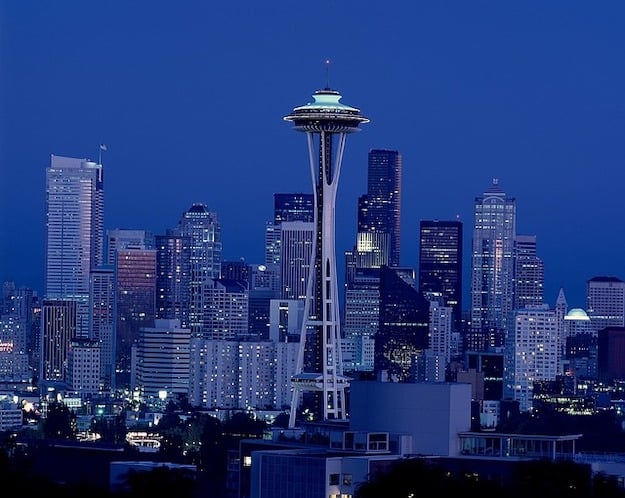
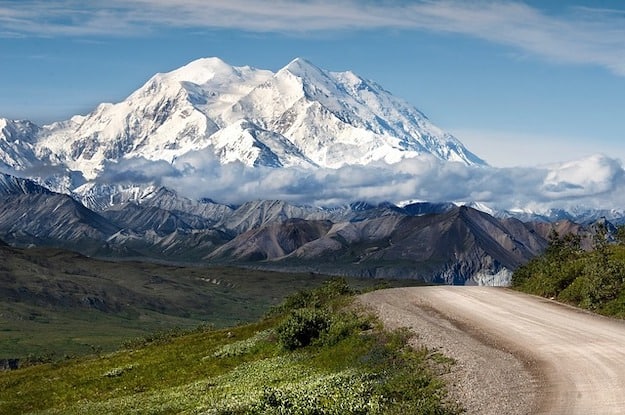
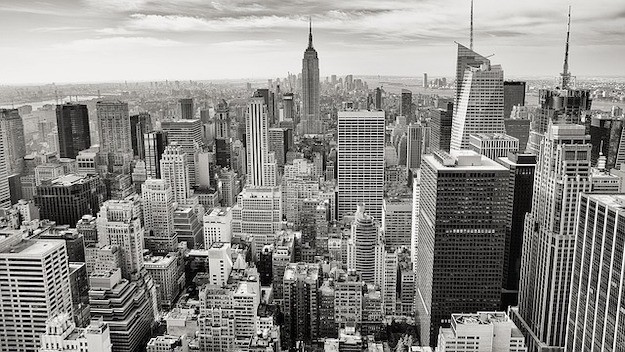
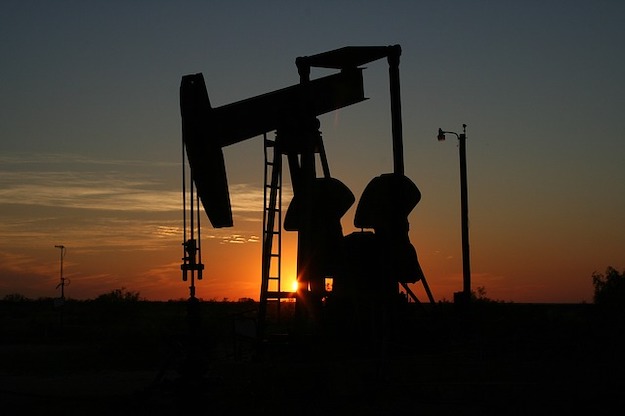

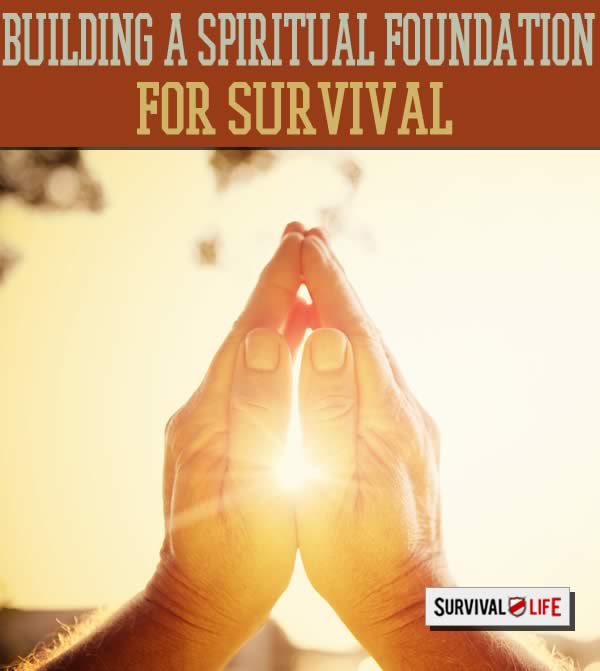



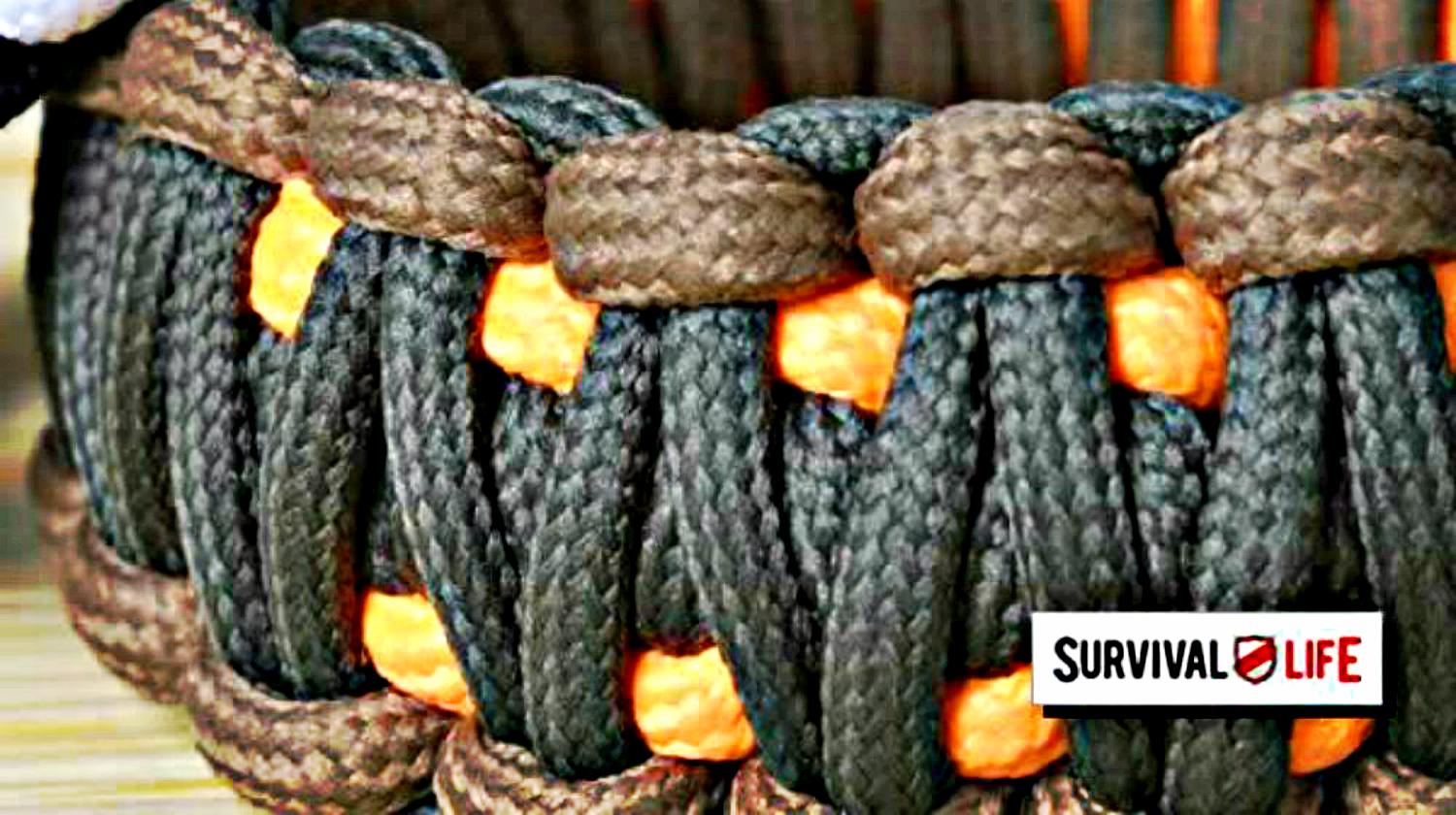

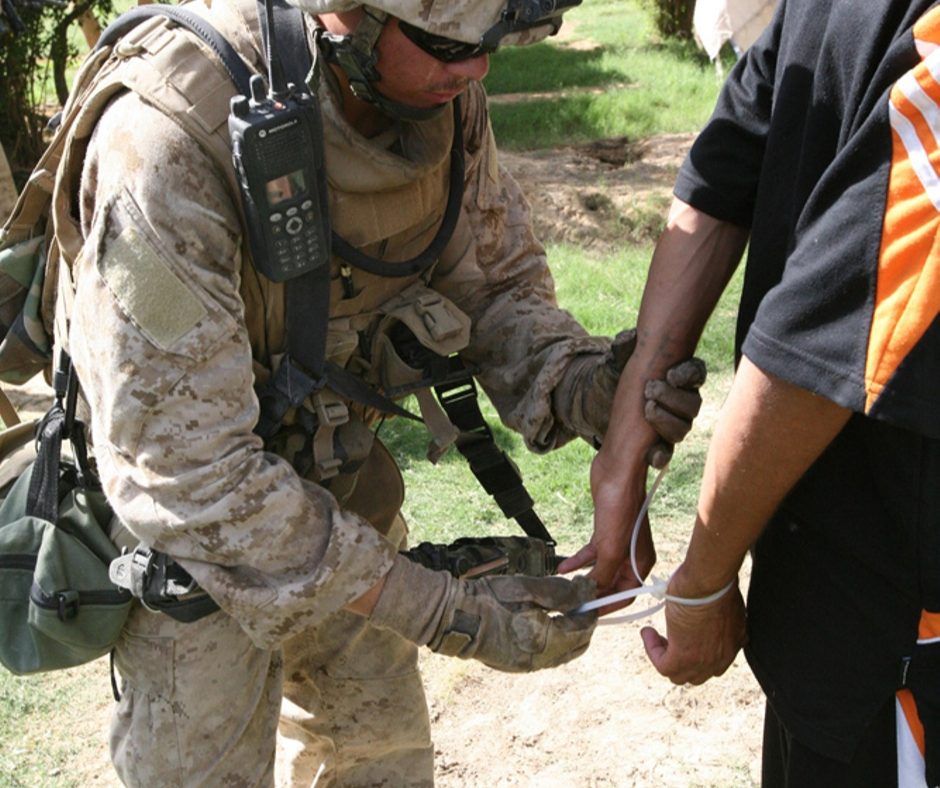


Kameron
April 30, 2014 at 2:59 AM
Alaska and Hawaii considered in the “Southwest” region? In today’s geography, many still believe AK and HI is in the southwest according to the way some maps look. LOL!
Pingback: Weekly Roundup 5.3.14 - Home Ready Home
Tanner
May 4, 2014 at 4:57 PM
What about the Nuclear Power Plant in Glen Rose, TX?
Texas Ranger
April 29, 2019 at 7:11 AM
What about it?
Pingback: Disaster Hot Spots That Will Get You Killed | Survival Life - Survival Life | Preppers | Survival Gear | Blog
Pingback: mbt masai prezzo
Pingback: Disaster Survival Skills: Getting Ready for the Worst | Survival Life
Pingback: How to Survive When Stranded in Open Ocean | Survival Life
Pingback: Tips On How To Avoid Disaster Hot Spots | Survival Life
Pingback: Disaster Hot Spots That Will Get You Killed | Primitive technology
Pingback: Disaster Hot Spots That Will Get You Killed - Survive!
Pingback: Building A Bug Out Bag For Greater Chances of Survival | Survival Life
Pingback: Building A Bug Out Bag – Ultimate Survival Alerts
Pingback: Building A Bug Out Bag - Survival Patch